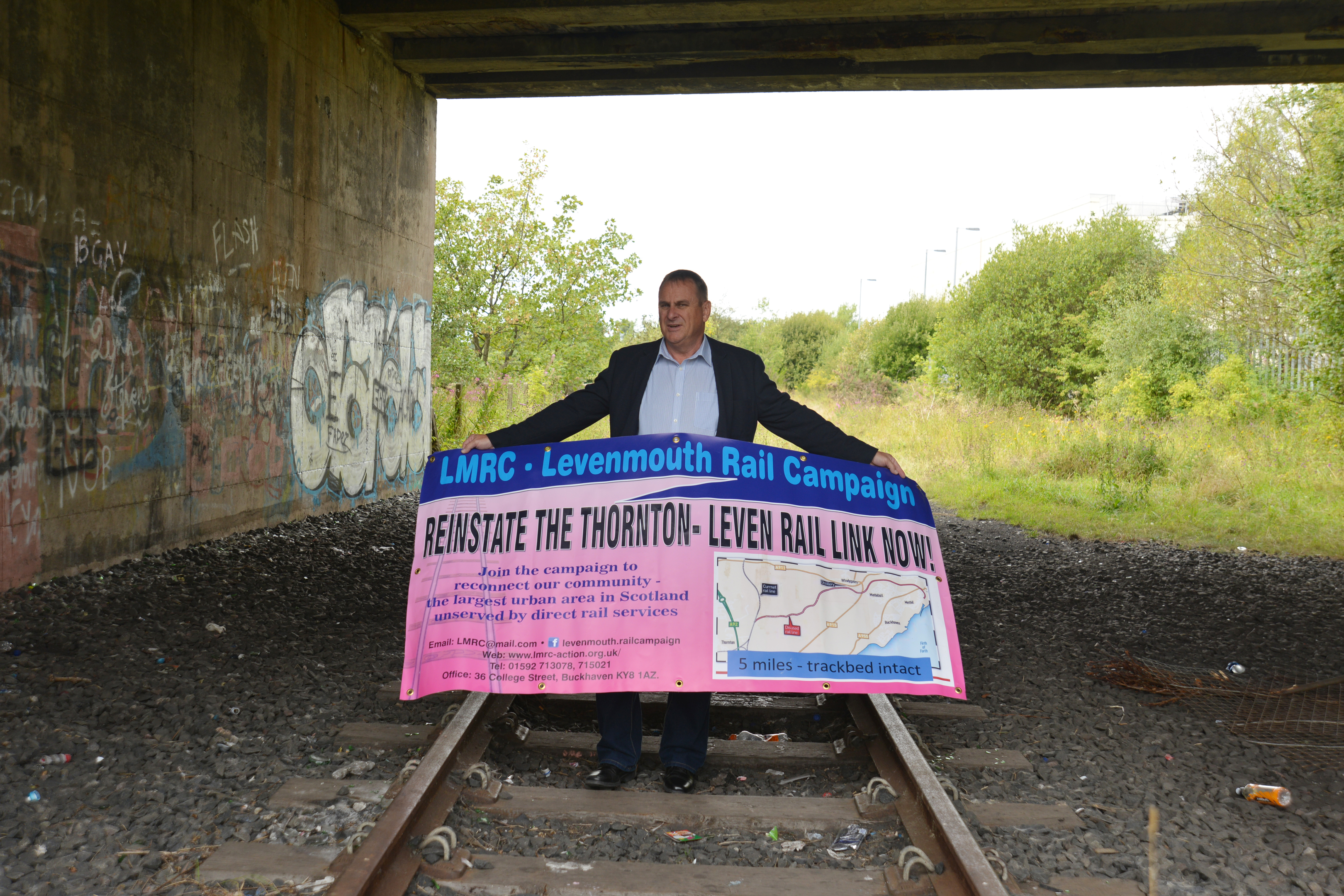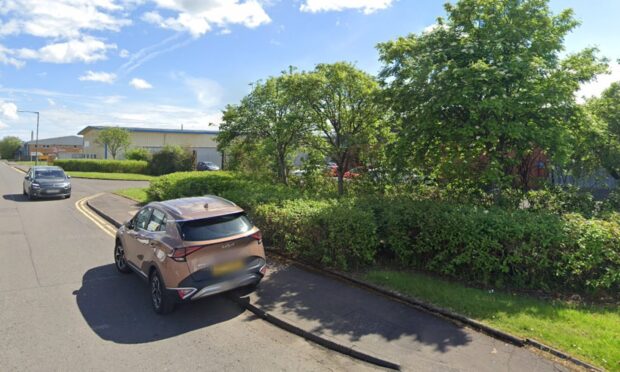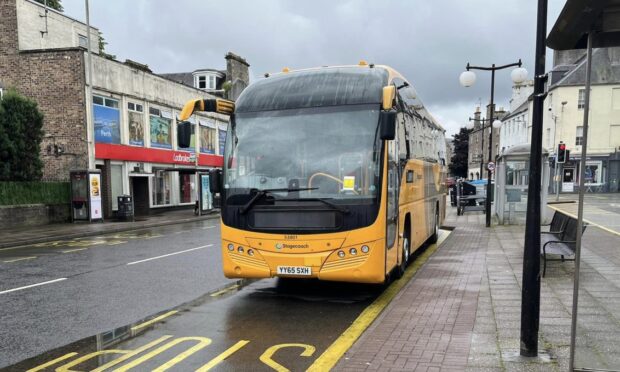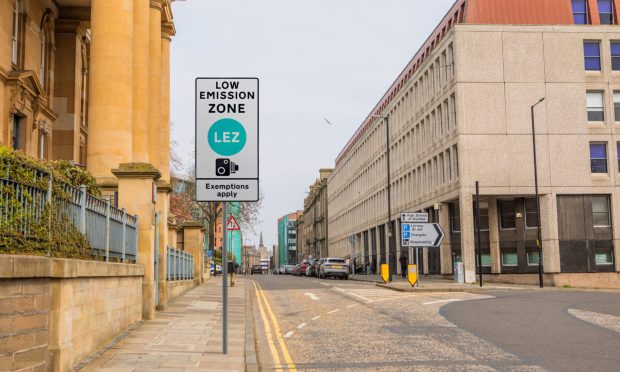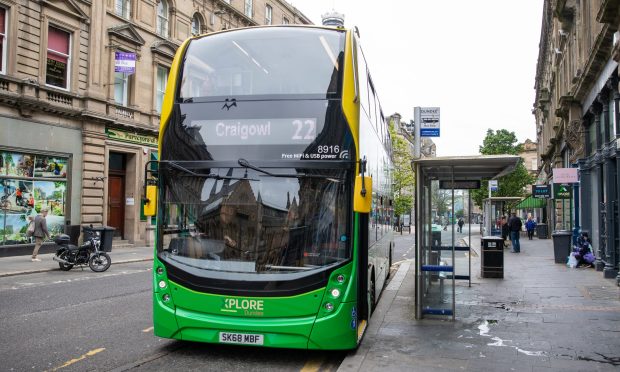Scotland’s rail strategy has been branded unfair by a campaign group dedicated to reopening a mothballed line in Fife.
Members of Levenmouth Rail Campaign (LMRC) claimed Transport Scotland was more interested in improving efficiency and performance on existing services than tackling inequality by opening new routes.
LMRC is pressing for the reinstatement of the line between Leven and Thornton, which would then link with the Fife circle line to Edinburgh.
It recently submitted a response to Transport Scotland’s Rail Infrastructure Strategy but is becoming annoyed it is still having to press its case, despite Levenmouth being the largest urban area in the country without a rail link.
LMRC secretary Allen Armstrong said reinstatement of services was an easy option given the overwhelming community and cross-party political support.
“There is widespread local frustration and anger that we still need to be pressing the case,” he said.
Dr Armstrong claimed there was no attempt to plan a rational rail service to serve communities currently excluded from the network.
“The draft strategy’s claims to be tackling inequality and making services accessible and affordable to all ring hollow on the Fife coast where the Levenmouth area continues to fall behind the rest of Fife and Scotland in terms of deprivation,” he said.
“Running rail services here immediately brings the Edinburgh and south Fife jobs market within a one-hour commuting range, effectively increasing job vacancies by 500% according to Fife Council estimates.”
He said the strategy seemed “narrowly focused” on already privileged communities and added: “To overlook the potential of rail services in regenerating large communities currently out on a limb seems completely to miss the point and undermines their transformational potential.”
A Transport Scotland spokesman said it was delivering the most ambitious programme of rail investment ever seen in Scotland.
“We are committed to carrying out a full review of National Transport Strategy and the importance of integration continues to be part of the scope of the review which will set the direction for transport in Scotland for the next 20 years,” he said.
“Transport Scotland is willing to consider proposals for new services and stations where there is clear evidence of benefits, subject to affordability and a suitable business case being identified.”
